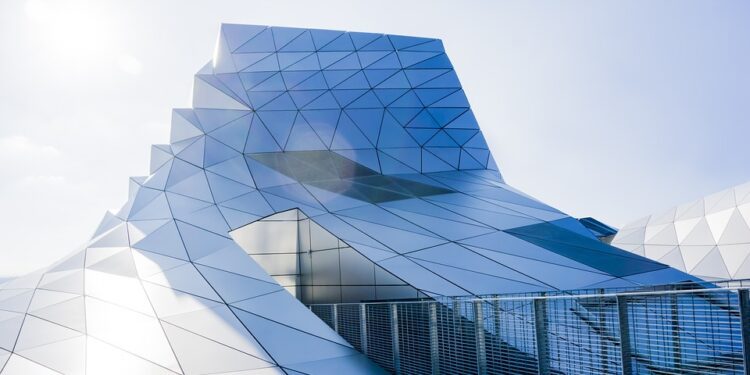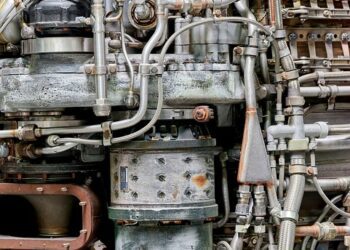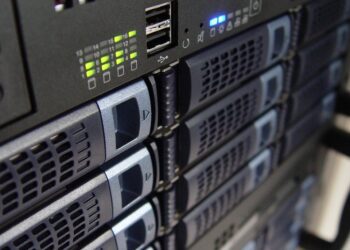The world of robotics has been rapidly evolving in recent years, with advancements in artificial intelligence (AI) and machine learning pushing the boundaries of what these machines can do. From simple tasks like vacuuming the floor to complex operations in manufacturing plants, robots are becoming more intelligent and capable of handling a wide range of tasks.
One of the key drivers of this advancement is the development of AI and machine learning technologies. These technologies enable robots to learn from their experiences and make decisions based on data, rather than simply following pre-programmed instructions. This flexibility allows robots to adapt to new situations and environments, making them more versatile and efficient than ever before.
In the manufacturing industry, robots are being used to carry out tasks that were previously too dangerous or difficult for humans. For example, robots are now able to handle hazardous materials, work in extreme temperatures, and perform delicate tasks with precision and speed. This has not only improved the safety of workers, but also increased productivity and quality in manufacturing processes.
In the healthcare industry, robots are being used to assist with surgeries, provide care to patients, and even deliver medication. Robotic surgical systems can perform complex procedures with greater accuracy and precision than human surgeons, leading to better outcomes for patients. Robots are also being used in rehabilitation therapy, helping patients recover from injuries or surgeries more quickly and effectively.
In the service industry, robots are taking over tasks ranging from customer service to food delivery. Chatbots powered by AI are being used to assist customers with inquiries, while autonomous delivery robots are being deployed in urban areas to deliver food and packages. These robots are not only more efficient than their human counterparts, but also offer companies a cost-effective solution to handle growing demand.
Despite the many benefits of robotics, there are also concerns about the impact of automation on jobs and society as a whole. As robots become more intelligent and capable, they have the potential to replace human workers in many industries, leading to job losses and economic disruption. However, proponents of robotics argue that these technologies can also create new opportunities for employment and innovation, as humans work alongside robots to solve complex problems and create new products and services.
Overall, the rise of robotics powered by AI and machine learning is changing the game in many industries, from manufacturing to healthcare to service. As these technologies continue to evolve, we can expect robots to become even more integrated into our daily lives, providing new solutions to old problems and revolutionizing the way we work and live. It is up to us to embrace these changes and harness the power of robotics for the benefit of all.








